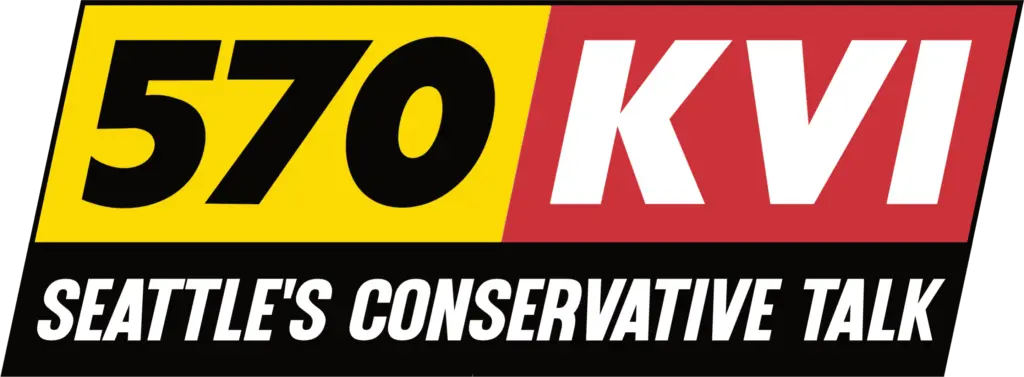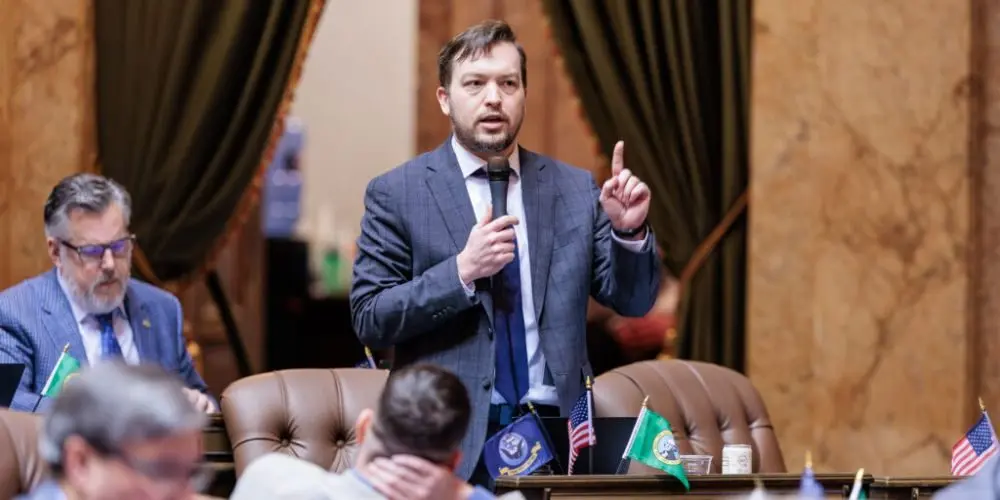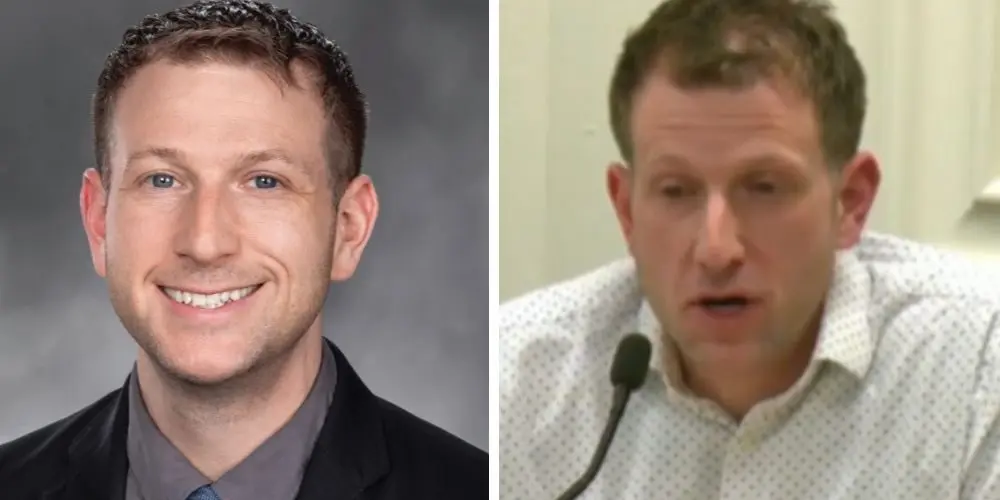
A major environmental regulatory shift is underway that could reverberate far beyond Washington, D.C., and possibly offer relief to residents in states like Washington, where policies such as the Climate Commitment Act have driven up energy and fuel costs.
Last week, Environmental Protection Agency (EPA) Administrator Michael Regan moved to overturn the “endangerment finding,” a legal determination made during the Obama administration that empowered federal regulators to impose sweeping emissions rules on the US economy. Mandy Gunasekara, former Chief of Staff at the EPA, joined The Ari Hoffman Show on Talk Radio 570 KVI to discuss.
Listen to the audio here:
What Is the Endangerment Finding?
“The endangerment finding is the legal activating document for future regulations,” Gunasekara explained. “It was created in 2009 under the Obama administration and claimed that six greenhouse gases, most notably carbon dioxide, endanger public health and welfare.”
This determination provided the EPA with the legal justification to implement expansive climate policies, including vehicle emissions standards and electric grid regulations, many of which critics say have led to higher energy costs and consumer burdens.
But Gunasekara says the finding was politically motivated, not scientifically sound.
“You’ve already heard people say this is an attack on science,” she said. “But the endangerment finding was the result of a manipulated political process—not a comprehensive scientific review.”
A Tool for Government Overreach?
Gunasekara emphasized that the endangerment finding essentially gave the federal government the power to regulate almost every sector of the economy, from what kind of car you can drive to how you cook dinner.
“If you can justify controlling carbon dioxide, then they thought they could regulate everything, what we drive, what businesses can exist, what stoves we use,” she said.
This authority has led to consumer frustration, especially around electric vehicles (EVs).
“The government forced EVs on people whether or not they made sense financially or practically,” she said. “The mandate ignored the purpose of transportation: to get from point A to point B safely and efficiently.”
As a radio host who test-drives EVs provided by show sponsor Renton Chrysler Dodge Jeep Ram, Hoffman pointed out that while electric vehicles can be enjoyable for some drivers, taxpayers shouldn’t be forced to subsidize them, especially when charging infrastructure remains limited and unreliable.
Gunasekara agreed.
“The last administration allocated billions of dollars for charging infrastructure, but at the end of the day, only a handful of stations were built. Entire regions still have major gaps,” she said.
Carbon Credits and Green “Grifting”
We also discussed how the endangerment finding paved the way for the modern carbon credit market, which many critics view as greenwashing schemes.
“This whole idea that you can just buy your way to climate virtue through carbon offsets is a grift,” Gunasekara said. “It enriches bureaucracies and third-party groups while creating a hidden tax on consumers and liability for manufacturers.”
She pointed to Seattle’s Climate Pledge Arena as an example. The venue boasts of being environmentally friendly, but largely relies on purchased carbon offsets to make the claim, credits that often don’t result in actual emissions reductions.
What’s the Alternative?
Gunasekara believes the solution lies in innovation, not regulation.
“The most advanced pollution control technologies are being developed for traditional gas-powered vehicles and modern natural gas power plants,” she said. “But they get overshadowed by the electric-only agenda.”
She called for the federal government to get out of the way and allow industry to innovate.
Permitting reform is another crucial piece. “Right now, companies fear implementing new technologies because they worry it’ll open them up to more regulations or lawsuits from activist groups,” she added.
Gunasekara also highlighted the irony of the Biden administration relying on foreign sources of oil that use dirtier extraction methods than the U.S., all while claiming to be environmentally conscious.
A Shift in the Right Direction?
The current EPA under Lee Zeldin appears to be re-evaluating some of the assumptions and policies that have governed environmental regulation for more than a decade. If the endangerment finding is repealed or revised, it could mark the beginning of a broader effort to restore regulatory sanity and consumer choice.
“This administration is embracing a mentality of getting out of the way of innovation,” Gunasekara said. “That’s good news for everyone.”
As conservatives who enjoy hunting, fishing, and camping, we don’t need lectures about environmental stewardship. We just want policies that make sense—ones that protect the planet without punishing everyday Americans.
And it seems, for the first time in a long while, that may be possible.
Listen to The Ari Hoffman Show 3-6 pm Pacific Monday-Friday on Talk Radio 570 KVI, KVI.com, the KVI app, and wherever you get your podcasts.






